The origin of the present-day Kenya Army may be traced to the King’s African Rifles. The reasons that necessitated the recruitment and formation of troops that preceded the King’s African Rifles and in essence the Kenya Army are as many as they are varied. It will be difficult to analyze them without tracing the events that were unfolding in the East African region during the last quarter of the 19th Century.
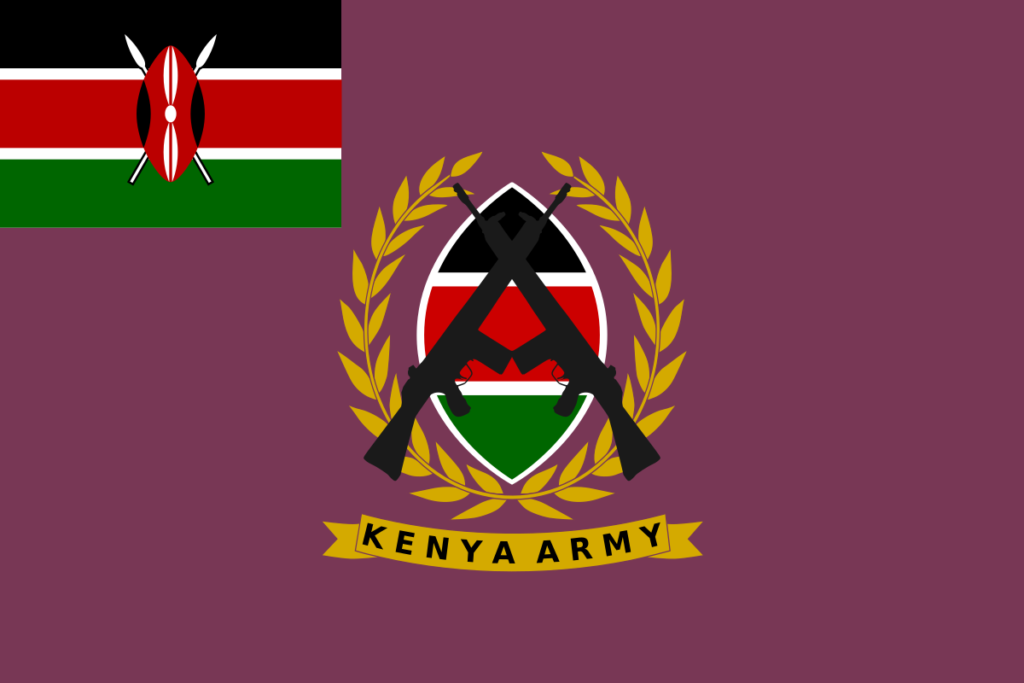
This period was characterized by the active involvement of the British in the enforcement of the abolition of the slave trade in East Africa. In this effort, they had the support of the Sultan of Zanzibar. The Sultan was under increasing pressure not only from independent-minded subjects like the Mazrui family but also from his own troops who like the Mazrui family didn’t believe in the abolition of the slave trade. The slave trade was one of the major sources of income during the material time.
During the same period, other European nations were also developing an interest in acquiring spheres of influence in Africa. In this rivalry, the British established the Imperial British East Africa Company to take care of its interests. As these interests developed and expanded, there was a need to create a more formidable force to safeguard these interests and expansion. It is out of this that the first indigenous land forces in Kenya can be traced.
In 1873 the Sultan of Zanzibar, Seyyid Barghash signed the final treaty to abolish the slave trade in all his dominions. The task of enforcing the abolition was vested in the British Royal Navy Fleet under Admiral Freeman Tie. The British Resident Consul Sir John Kirk and the Sultan realized that this could only be achieved through the establishment of a reliable Land Force, which could be used in the hinterland as opposed to the British Patrol boats whose operations were limited to the coastal region.
1. Major General, Sir Ian Freeland

Ian Henry Freeland was born on 14th September 1912 and educated at the RMC Sandhurst. He was commissioned into The Royal Norfolk Regiment in September 1932. In 1940 he became adjutant and from February 1941 to October 1943 served on the staff in various capacities including Brigade Major.
He commanded the 7th Bn The Royal Norfolk Regiment until it was disbanded in Normandy in 1944. He then commanded 1/5th Bn The Queen’s Royal Regiment in North Western Europe from August 1944 to June 1945. For his fine leadership of the Battalion, he was awarded the DSO.
From June 1945 to April 1946 was a Colonel GS and from April to August 1946 was second-in-command of an Armoured Brigade. He then held further staff appointments, including GSO I Staff College, Camberley from January 1951 to January 1954. From 1954 to 1956 he commanded 1st Bn The Royal Inniskilling Fusiliers and from April 1956 to December 1957 commanded an Infantry Brigade in BAOR.
He attended the Imperial Defence College from January 1958 to December 1959 and was Brigadier ‘Q’ Ops War Office from January 1960 to December 1961. From March 1961 to June 1963 he was GOC East Anglian District and 54th Infantry Division (TA).
He was GOC East Africa Command from November to December 1963 and GOC British Troops in Kenya from December 1963 to November 1964. From December 1964 to February 1968 he was Vice Adjutant General and from April to December 1968 Deputy Chief of General Staff.
He retired from the Army on 21st June 1971.
In 1947 he was made a Chevalier of the Order of the Crown with Palm and was awarded the Croix de Guerre 1940 with Palm (both Belgian Orders). In 1964 he was made a CB, in 1968 a KCB and in 1971 a CBE. In 1972 he was appointed Deputy Lieutenant (Norfolk) and in 1978 Vice Lieutenant (Norfolk).
He died on 2nd July 1979.
Read more about Major General, Sir Ian Freeland
2. Brig Arthur John Hardy
Brig AJ Hardy was born 19TH August 1918. Brig Hardy served at the helm of the Kenya Army from 1st May 1964 to 30th November 1966, a total duration of 2 years and 213 days.
The President Of Kenya, Jomo Kenyatta, declared that Brigadier Hardy Had Maintained A “High Degree Of Professional Efficiency, Discipline And Loyalty Within The Kenya Army.”
He died on 11th May 2012.
3. Brigadier, Joseph Musyimi Lele Ndolo

Brig Joseph Ndolo was a member of the King’s African Rifles. At the time of his enlistment, Ndolo was working on a plantation in Moshi, Tanzania. He was placed into the 6th Battalion which found its way to Sri Lanka.
By the time the Second World War had ended, Ndolo had risen to the rank of Sergeant in the King’s African Rifles. He sought a transfer back to Kenya after being commissioned as Lieutenant, then Captain and finally major.
He was promoted to Lieutenant Colonel in 1963 and appointed Commanding Officer of the 5th Battalion, Kenya Rifles. He was the first African to head a regiment in East and Central Africa.
On 1st May 1964, he was promoted to Brigadier General and appointed Kenya Army Commander, where he served up to 31st November 1966. In 1969 he attained the rank of Major General and was appointed as the first African Chief of General Staff.
Ndolo would only last two years after he was implicated in a coup plot against then-president Jomo Kenyatta, as he had been named as a possible successor. He resigned from his post and Jackson Mulinge was promoted in his place.
4. Major General, Jackson Mulinge
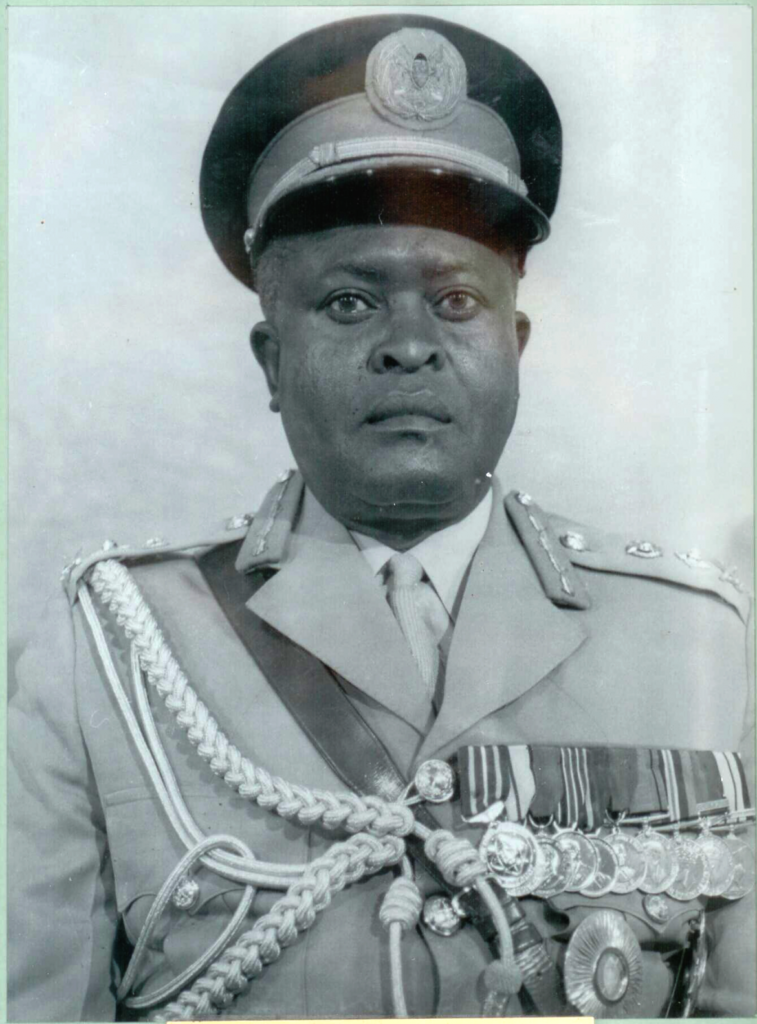
Mulinge, Jackson Kimeu was born in 1924 in Masaku County. Joined Kenya Army, 1942. Commissioned lieutenant colonel, 1963. Advanced through grades to lieutenant general, Commander, 1969.
Retired, 1987; soldier Malaysia, 1951-1953. Officer 3rd battalion Kenya rifles, 1964. Army chief of staff, 1971-1987.
Minister lands and urban development Government of Kenya, since 1993.
He headed the Kenya Army from 1969 – 1978.
5. Major General, Joseph Kathuka Nzioka
He served as the Kenya Army commander for 1 year and 11 days from 1 December 1978 to 12 December 1979. He was commissioned as Lt Colonel on 12 December 1964.
6. Major General, John Malan Sawe

Born in 1939, he served as Kenya Army boss from 13 December 1979 to 2 January 1981, holding the office for 1 year, 20 days.
He helped stabilize the country after the 1982 coup. In 1994 President Moi named John Malan Sawe, as Kenya’s first ambassador to Israel. The Lieutenant-General was later the high commissioner to Canada from 1986 to 1988.
He died in 2018.
7. Major General, Mahamoud Mohamed
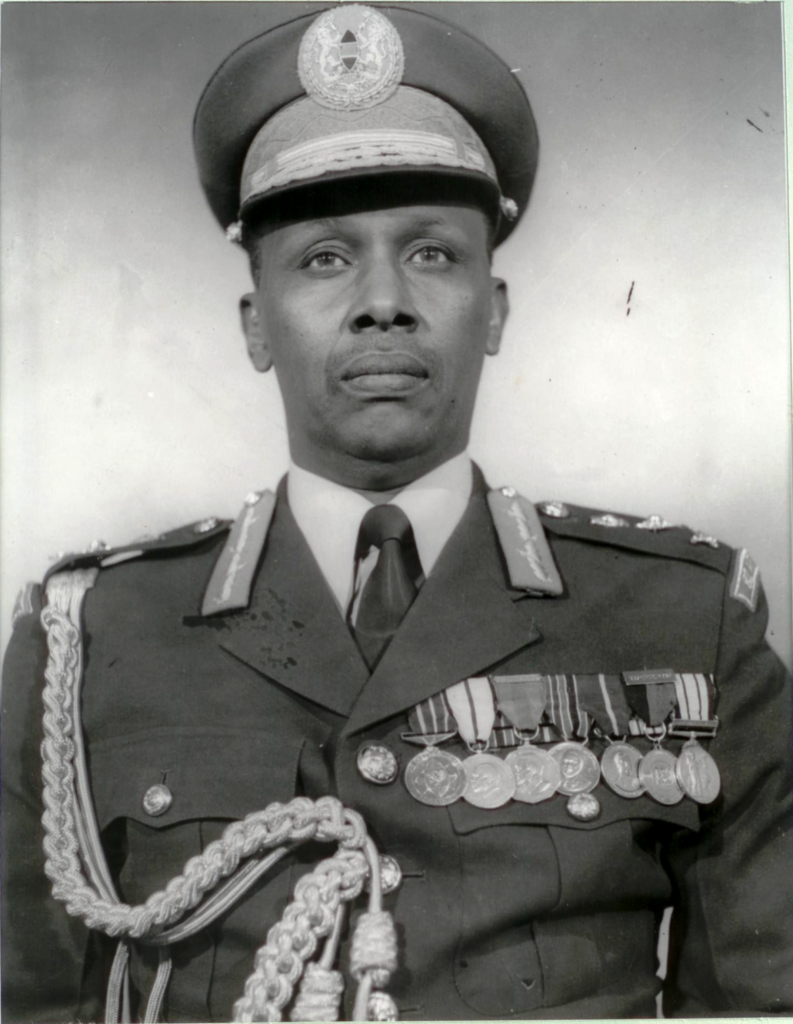
Maj. Gen Mahamoud Mohamed commanded Kenya Army for 346 days, from 3 January 1981 to 14 December 1981.
Mohamed was born to an ethnic Somali family from the Aulyahan sub-clan of the Ogaden Darod. His younger brother Hussein Maalim Mohamed was Kenya’s Minister of State in the office of the presidency, the first Somali to be appointed to the cabinet.
On 1 August 1982, Mohamed commanded Kenyan military and polices forces in a successful suppression of a coup d’état attempt against then President of Kenya Daniel Arap Moi.
The putsch had been staged by a group of low-ranking military officers led by Senior Private Hezekiah Ochuka, who was later found guilty of five overt acts and sentenced to death by hanging.
Mohamed would remain the Chief of General Staff of the Kenya Defence Forces for the next ten years.
8. Lieutenant General, John M. Sawe
Lt Gen Sawe returned to Kenya Army headquarters as Kenya Army commander for the second time on 15 December 1981 and served for 4 years, 74 days. He left the office on 27 February 1986.
9. Lieutenant General, James Lelasian Lengees
Lt Gen. James Lelasian Lengees commanded Kenya Army from 28 February 1986 to 30 November 1993, serving 7 years and 275 days.
He passed on in May 2010 and was laid to rest at his Marmar ranch in Laikipia.
10. Lieutenant General, Daudi Rerimoi Chepkonga Tonje

Lt Gen. Daudi Tonje, led the Kenya Army from 1 December 1993 to 22 June 1994, a total of 203 days in office.
He later served as Chief of General staff, who is accredited with remarkable reforms within the Kenya military service.
Tonje introduced measures that he aimed at professionalising the force while at the same time ensuring integrity was upheld both inside and outside the barracks.
Perhaps, the most celebrated achievement to date during his tenure was the disbandment of the Women’s Service Corps which eventually led to the inclusion of women in the mainstream military ranks.
11. Lieutenant General, Augustine K. Cheruiyot
Lt Gen Augustine K. Cheruiyot became the Kenya Army Commander on 28 June 1994 and served up to 7 June 1998, accumulating 3 years and 344 days as army commander.
After retirement, he actively participated in politics. He resigned as chairman of the Kenya Airports Authority (KAA) and joined politics as the Opposition, Liberal Democratic Party (LDP)
12. Lieutenant General, Adan Abdullahi
He led the Kenya Army from 9 June 1998 to 30 November 2000, serving 2 years and 174 days.
Lt. Gen. Abdullahi Adan, who became a member of the East African Legislative Assembly, representing Kenya, was one of the six Kenyan legislators. He died on Monday, April 10, 2006, in a plane crash in northeastern Kenya.
13. Lieutenant General, Lazarus K. Sumbeiywo

Lt Gen ( Rtd) Lazaro Kipkurui Sumbeiywo was the Kenya army commander during a period the military underwent a great transformation and a change of regime also happened. That is from 1 December 2000 to 28 February 2003, a period of 2 years, 89 days.
During his days as Commander Kenya Army, he earned the nickname “ZT” for his Zero Tolerance for corruption.
He was born on 14 July 1947 in Elgeyo Marakwet District and attended Yokot Primary School, Government African School (Tambach) before joining the Kenya Army in 1967 as a Cadet officer. Sumbeiywo attended the prestigious Royal Military Academy – Sandhurst and rose in rank to become Kenya Army’s Commander in 2000, a position from which he retired in 2003.
14. Lieutenant General Jeremiah Kianga EGH, CBS, ndc (K), cgsc (USA)
Jeremiah Kianga was the Kenya Army boss from 1 march 2003 to 10 August 2005, having served for 2 years and 162 days.
General Kianga was born on 26 April 1950 in Makueni District and finished his high school education at Machakos Secondary School in 1970. In April 1971 he joined the Armed Forces of Kenya and graduated from the Royal Military Academy in 1973.
He is a former Kenya Army Commander and Chief of the General Staff. He is known for having introduced the principle of Kaizen-continuous development for all officers in the Kenya Defence Forces. During his tenure, he established collaborations with local universities to enable officers to pursue further studies under the Defence Forces Continuous Education Programme.
Upon his commissioning from Royal Military College, Sandhurst Kianga was posted to the 5th Kenya Rifles as a Platoon Commander and did his regimental duty up to 1975. He underwent further training in Kenya, the United Kingdom, India and the United States where he obtained a Master’s Degree in Military Arts and Science. He served in a number of roles in the Armed Forces from Chief of Military Intelligence at Defence Headquarters to General Officer Commanding Eastern Command in 1999. He later served as Assistant Chief of General Staff-in-charge of Personnel and Logistics at Defence Headquarters.
He was promoted to the rank of Lieutenant General and appointed Commander of the Kenya Army before replacing General (Rtd) Joseph Kibwana as Chief of General Staff under President Mwai Kibaki. As Chief of the General Staff, he oversaw a large-scale army operation in the restive Mount Elgon region after a nearly five-year insurgency by the Sabaot Land Defence Force. The operation was a success with the rebel forces having been militarily defeated and relative calm restored in the area.
He retired from active service on August 12 2011 after serving for over forty years.
ALSO READ ABOUT Ranks: The Wonderful Hidden List Of KDF Ranks 2023
15. Lieutenant General, Augostino Stephen Karanu Njoroge MGH, CBS, ndc (K), psc
Lt Gen Njoroge was born on 28th June 1951 in Nakuru District. He was enlisted into the armed forces in 1970 and rose through the commissioned ranks to become Lt Gen and Kenya Army boss from 10 August 2005 to 5 December 2008, serving 3 years and 117 days.
During his long career spanning 35 years, Lt Gen Njoroge has distinguished himself as selfless, devoted and committed to his duties.
He has held positions and appointments in operations, training and command. He is an outstanding officer with a sense of responsibility. He is awarded the Moran of the Order of Golden Heart (MGH) for his devotion and commitment to duties.
After retiring from the Kenyan military as a lieutenant general, he was appointed Kenyan Ambassador to Israel. He attended CGSC in 1985, his first visit to the United States. He went on to become Kenya’s senior national representative in the Global War on Terrorism to U.S. Army Central Command in Florida.
Lt Gen. Njoroge said he was inspired by retired Gen. Colin Powell during his time at Fort Leavenworth and Powell’s efforts to honour the Buffalo Soldiers. Njoroge said he modelled himself after Powell.
“I must admit he was a role model for a general even before his bestselling book,” Njoroge said.
16. Lieutenant General, Jackson Kiprono Tuwei
Lt Gen Jackson Tuwei was born on 2 April 1952 in Nandi District, he was enlisted into the armed forces in 1973 and rose in ranks to become Lt Gen and appointed Kenya Army commander. He served as the Kenya army commander for 1 year and 360 days from 5 December 2008 to 30 November 2010.
He held appointments both at command and staff where he rendered exemplary services in the armed forces and even served as commandant National Defence College.
He is awarded Moran of the order of Golden Heart (MGH) for his exemplary and dedicated service.
17. Lieutenant General Njuki Mwaniki MGH, CBS, OGW, ndc (K), psc
Lt Gen Njuki Mwaniki was an ardent infantry military officer. He studied Master in arts in War at King’s College London, he holds dip in international studies from the University of Nairobi and a diploma in military strategy from the national defence university Beijing.
He led Kenya Army from 30 November 2010 to 13 July 2011, serving at the helm for 225 days.
18. Lieutenant General, Joseph Kiptoo Kasaon MGH, CBS, DCO, ndc (K), psc, cgsc (USA)
Lt-Gen Kasaon served as the Kenya Army Commander from 13 July 2011 to 17 April 2015, serving for 3 years and 278 days.
Lt-Gen Kasaon was commissioned into the army in 1976 after attending a Cadet training course at the Royal Military Academy in Sandhurst (UK). He was posted to 5 KR as a platoon commander after his commissioning.
He rose through the ranks to become Vice chief of defence forces. He resigned from office citing health conditions.
19. Lieutenant General, Leonard Muriuki Ngondi MGH, CBS, OGW, ndc (K), psc

Lieutenant General Ngondi is a graduate of the Kenyan National Defence College and Defence Staff College. He holds a Bachelor’s degree in Human and Social Studies from the University of South Africa and a Master’s Degree in International Studies from the University of Nairobi.
Born in 1959, he joined the military and rose through the ranks to become army commander from 17 April 2015 to 22 September 2016, having served for 1 year and 158 days.
20. Lieutenant General, Robert Kariuki Kibochi EGH, CBS, ndc (K), psc
Gen Robert Kariuki Kibochi was born in Nakuru on 15 August 1959. He is married to Tabitha and blessed with four daughters and a grandson.
Gen Robert Kibochi was enlisted into the Kenya Defence Forces on 18 May 1979 and underwent Officer Cadets Training until 30 March 1980 and commissioned in the rank of Second Lieutenant and posted to Signals Battalion.
He served as Kenya Army commander from 22 September 2016 to 13 July 2018 serving for 1 year and 294 days before being appointed vice chief of defence forces and later chief of defence forces.
21. Lieutenant General, Walter Koipaton Raria MGH, CBS, OGW, ndc (K), psc
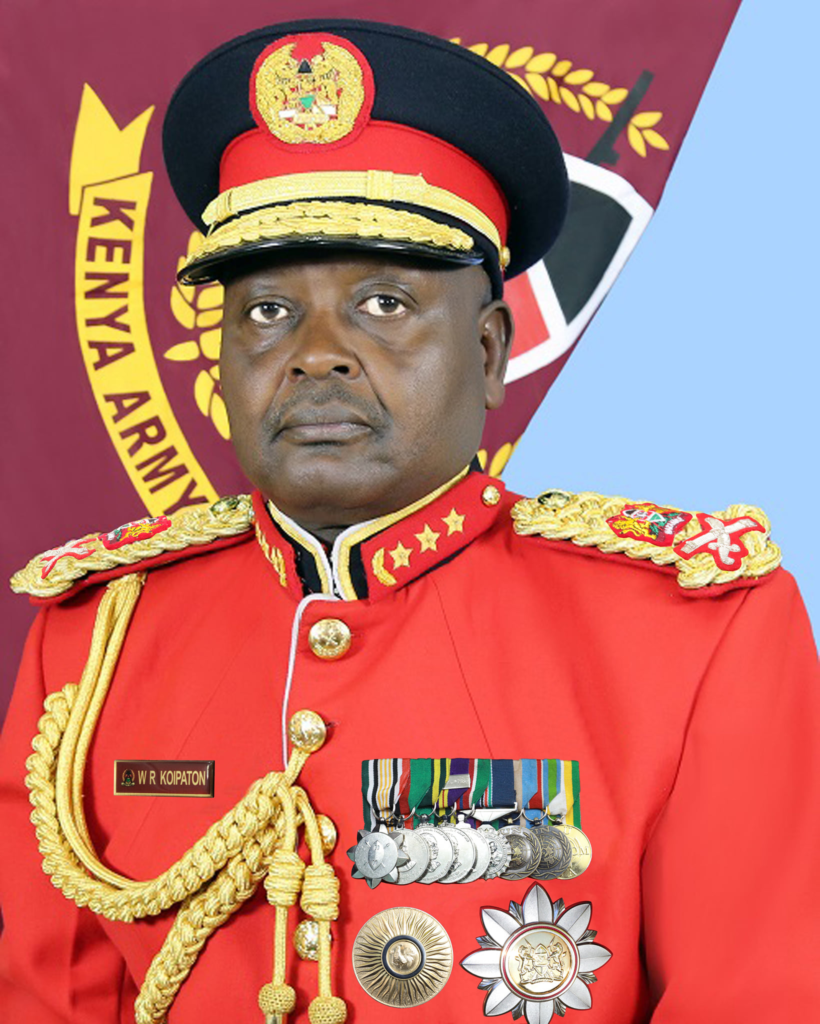
Lieutenant General Walter Raria was born on 01 July 1961 in Kajiado County.
He was enlisted into the Kenya Defence Forces as an Officer Cadet on 14 May 1982 and Commissioned as an Officer on 14 April 1983. After completion of his Cadet training, he was posted to the 3rd Kenya Rifles as a Platoon Commander and served in various appointments including Officer Commanding and later as Commanding Officer.
He served as Kenya Army Commander from 13 July 2018 to 20 July 2022 serving for 4 years and 7 days.
In recognition of his distinguished and exemplary service, on separate occasions, H.E the President and Commander in Chief of the Defence Forces has awarded him the medals of Chief of the Order of the Burning Spear (CBS) and Order of the Grand Warrior (OGW) and the Moran of the Order of the Golden Heart (MGH).
22. Lieutenant General, Peter Mbogo Njiru
He is the current Kenya Army commander, after being appointed on 20th July 2022.
He was enlisted into the Kenya Defence Forces as an Officer Cadet on 24 June 1985 and Commissioned as a Second Lieutenant on 26 June 1986. Upon Commissioning, he was posted to the 77 Artillery Battalion as a Troop Commander and later where became a Commanding Officer in the same Unit.
He is well remembered among Kenyans for being President Kibaki’s Aide camp during the transition period.
Lieutenant General Njiru is a graduate of the RCDS Course in the United Kingdom and he earned a Master of Arts in International Security and Strategy from King’s College, London.
He has also served in United Nations Mission in South Sudan (UNMISS) where he was a Commanding Officer of the Kenyan Battalion and a Staff Officer in the United Nations Mission in Ethiopia and Eritrea (UNMEE).


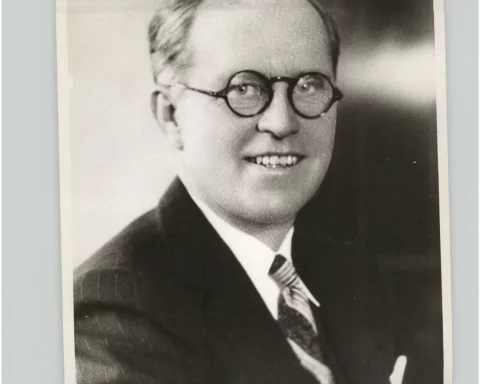
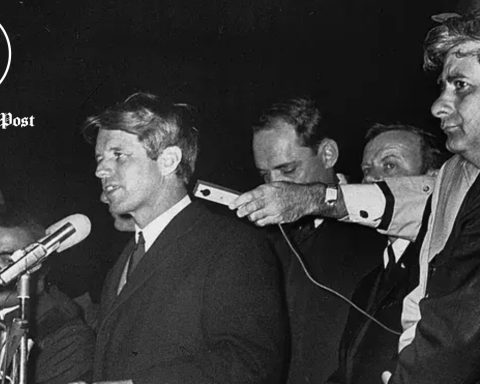

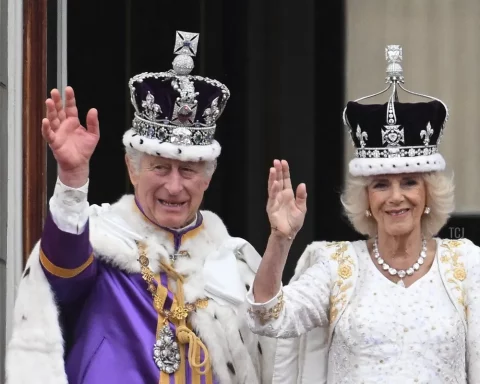
[…] Read: Kenya Army’s Brave Commanders Of All Time (22) […]